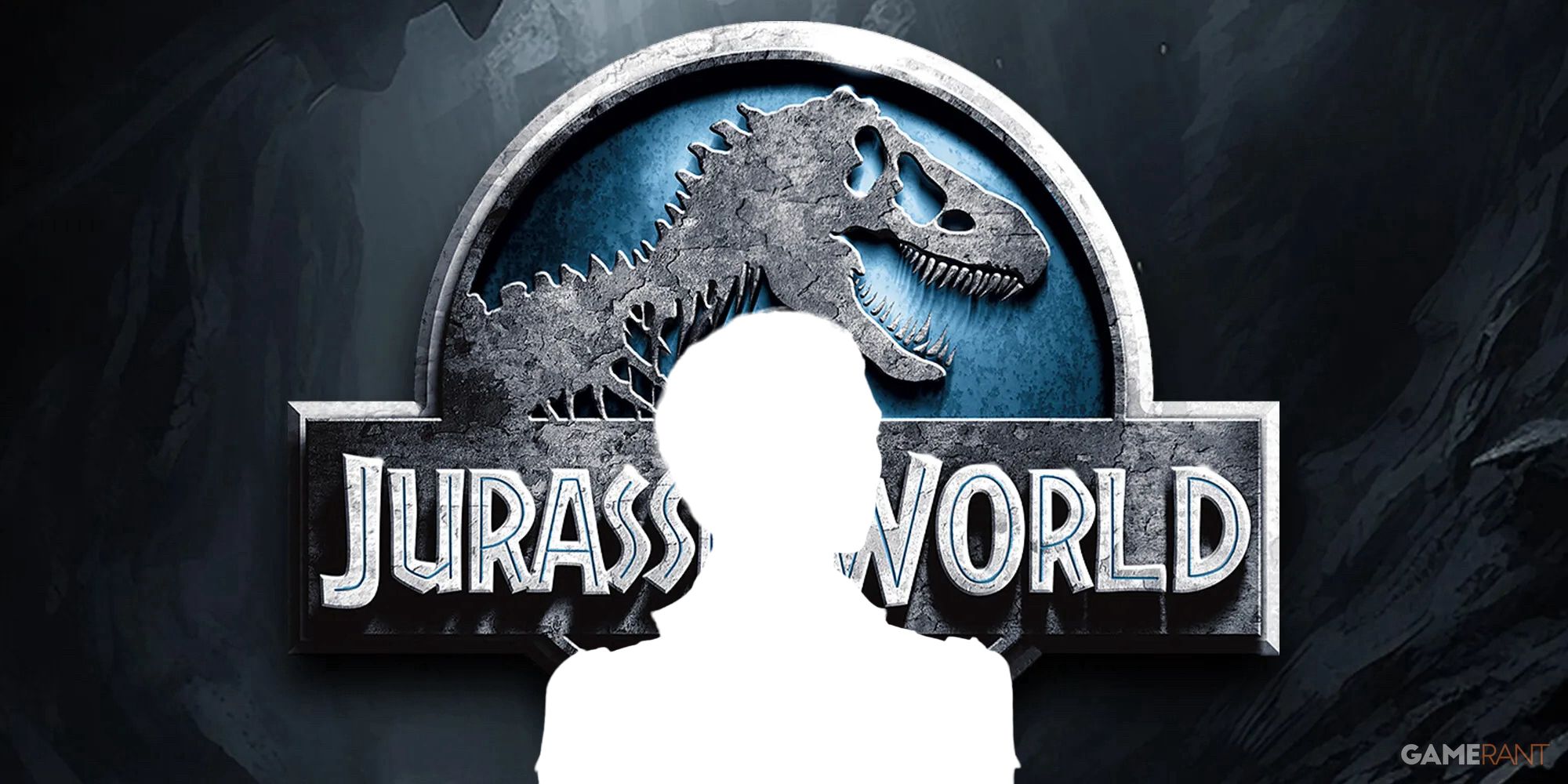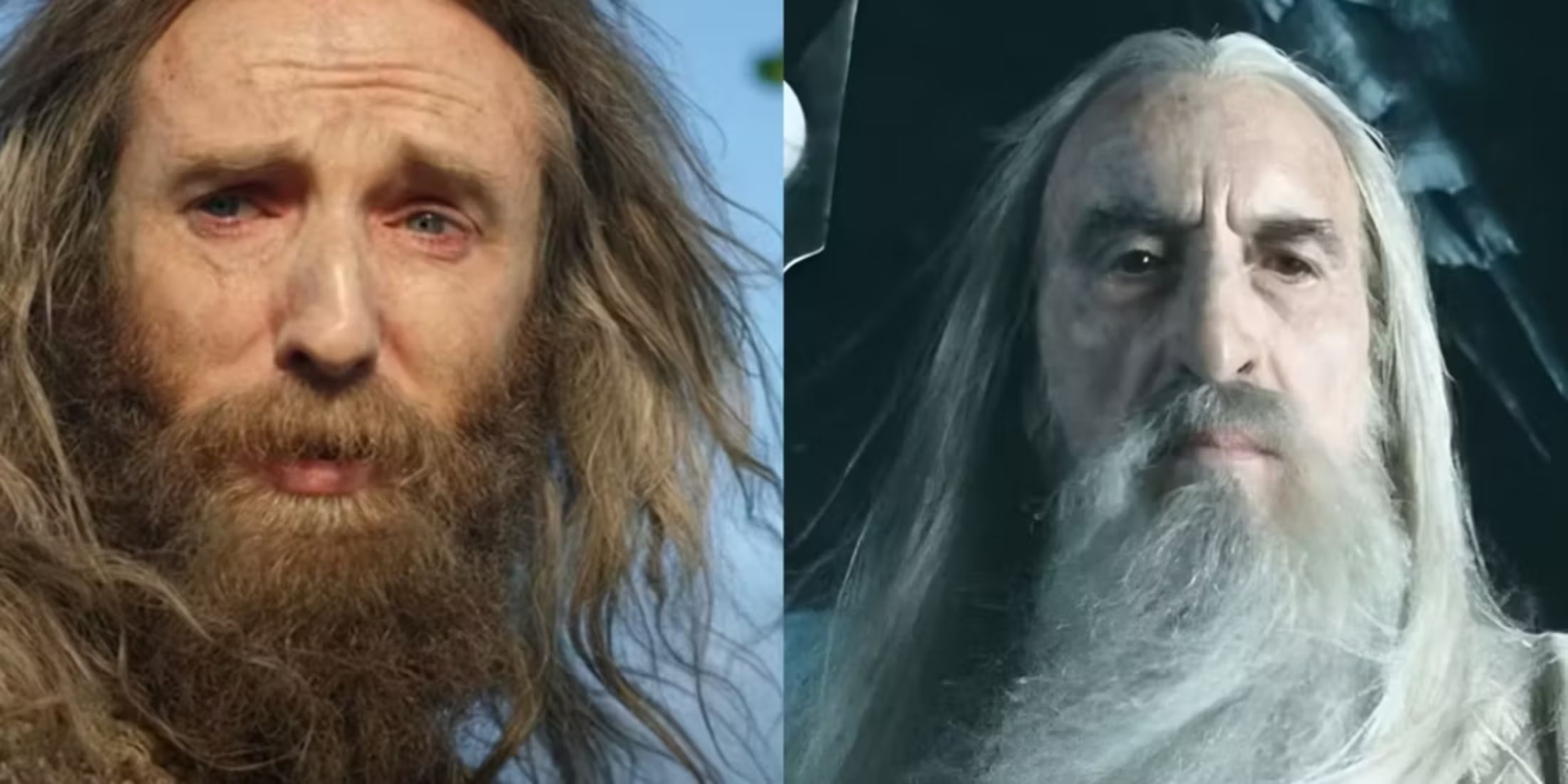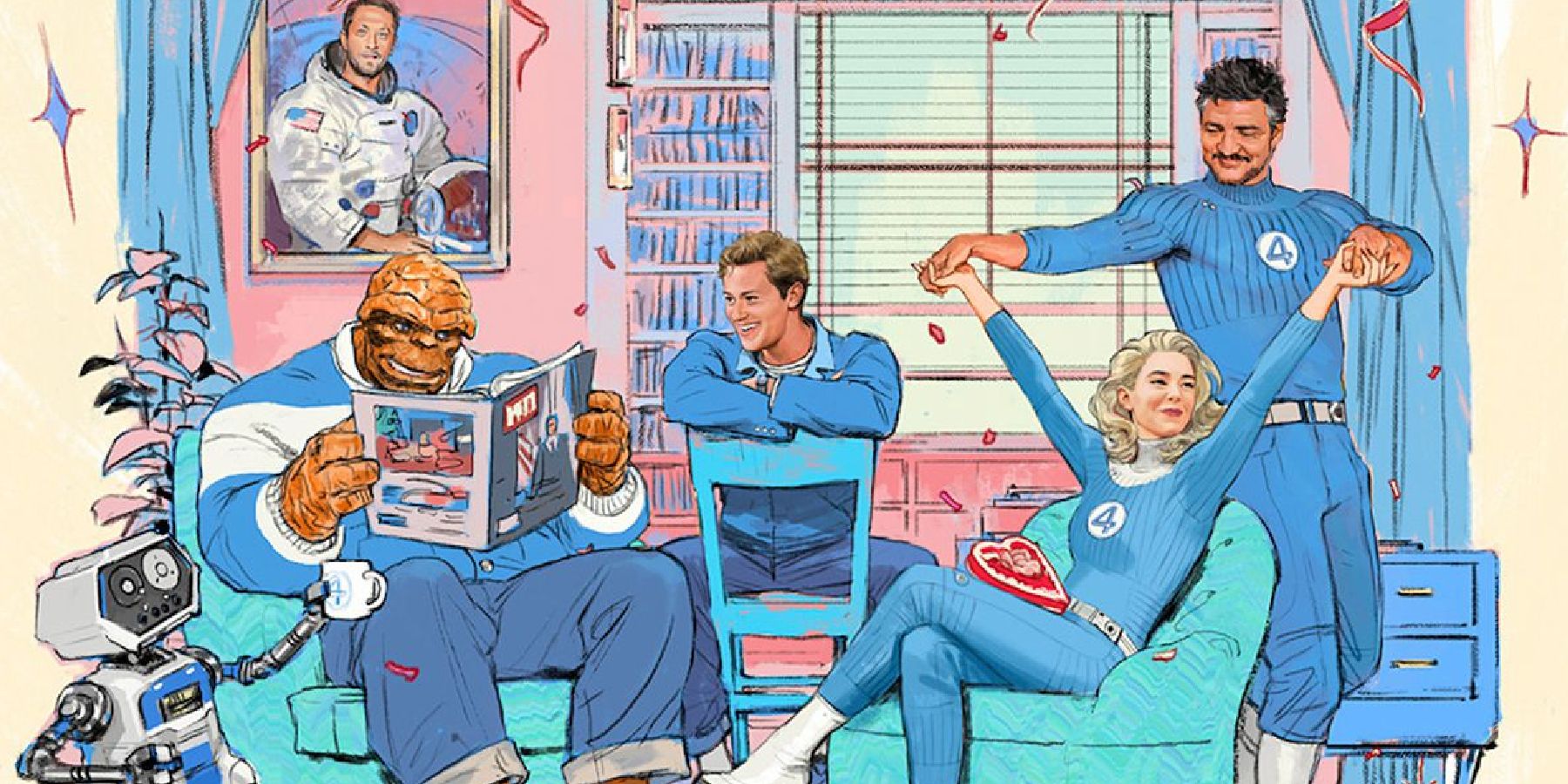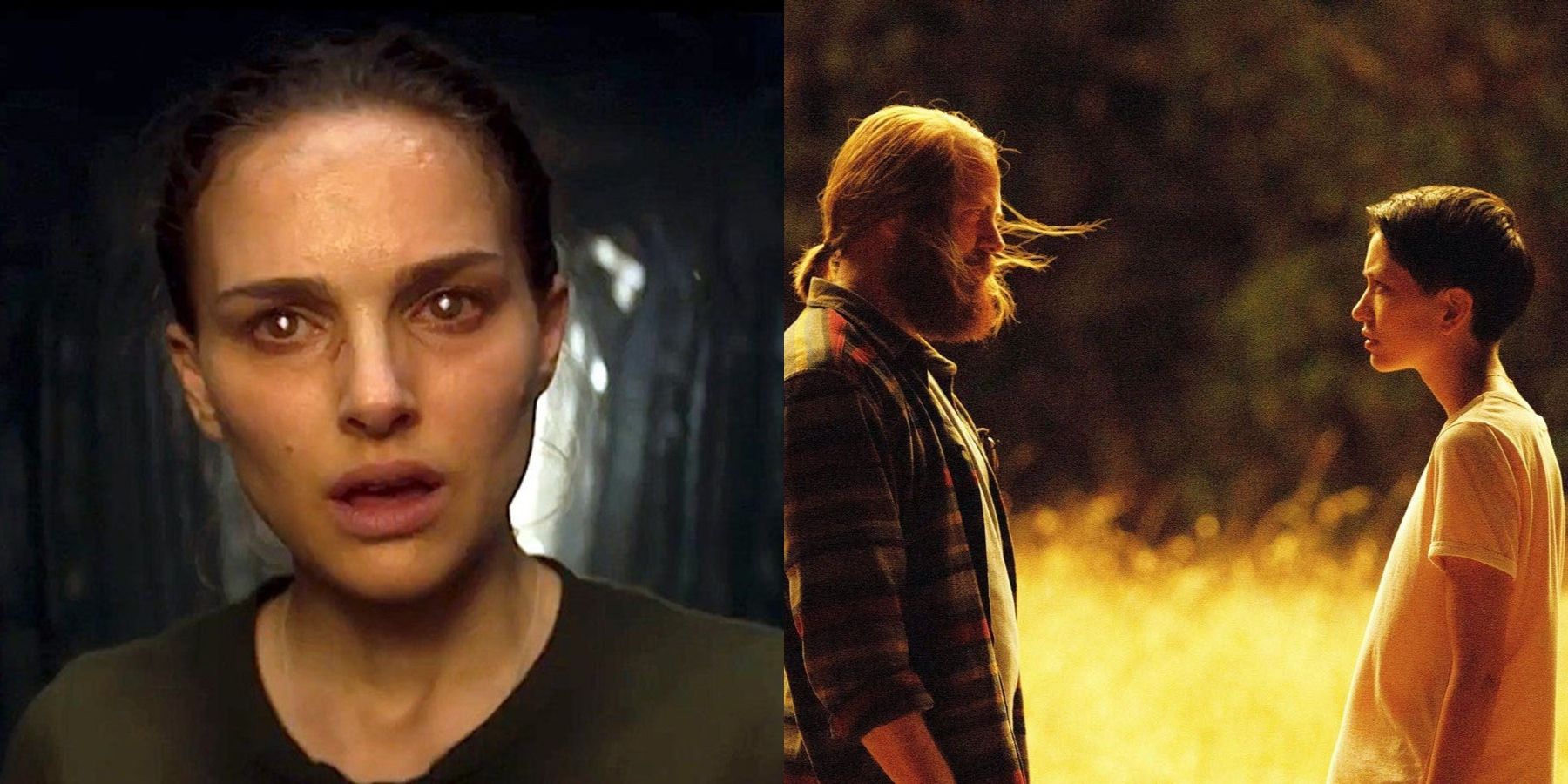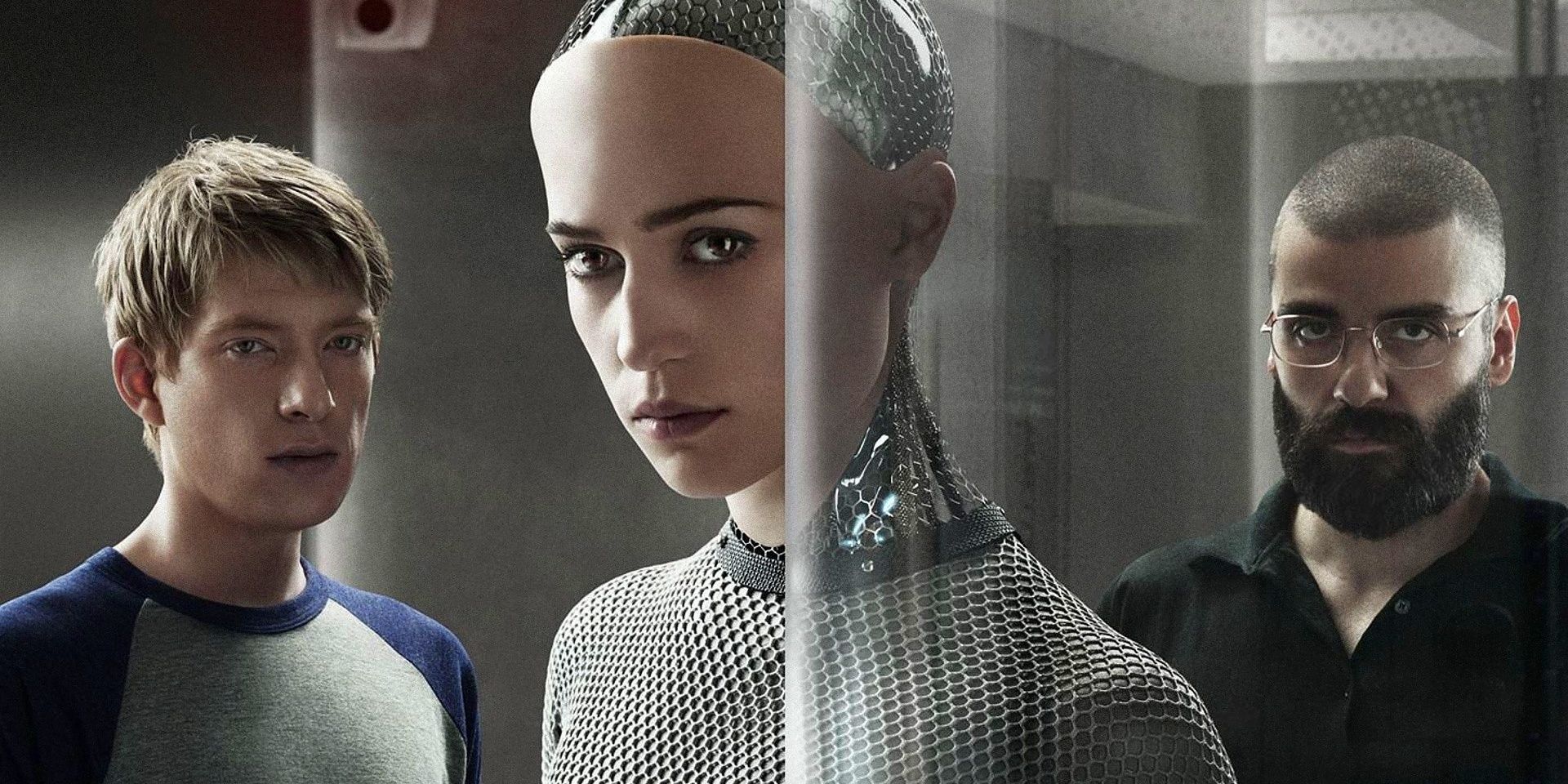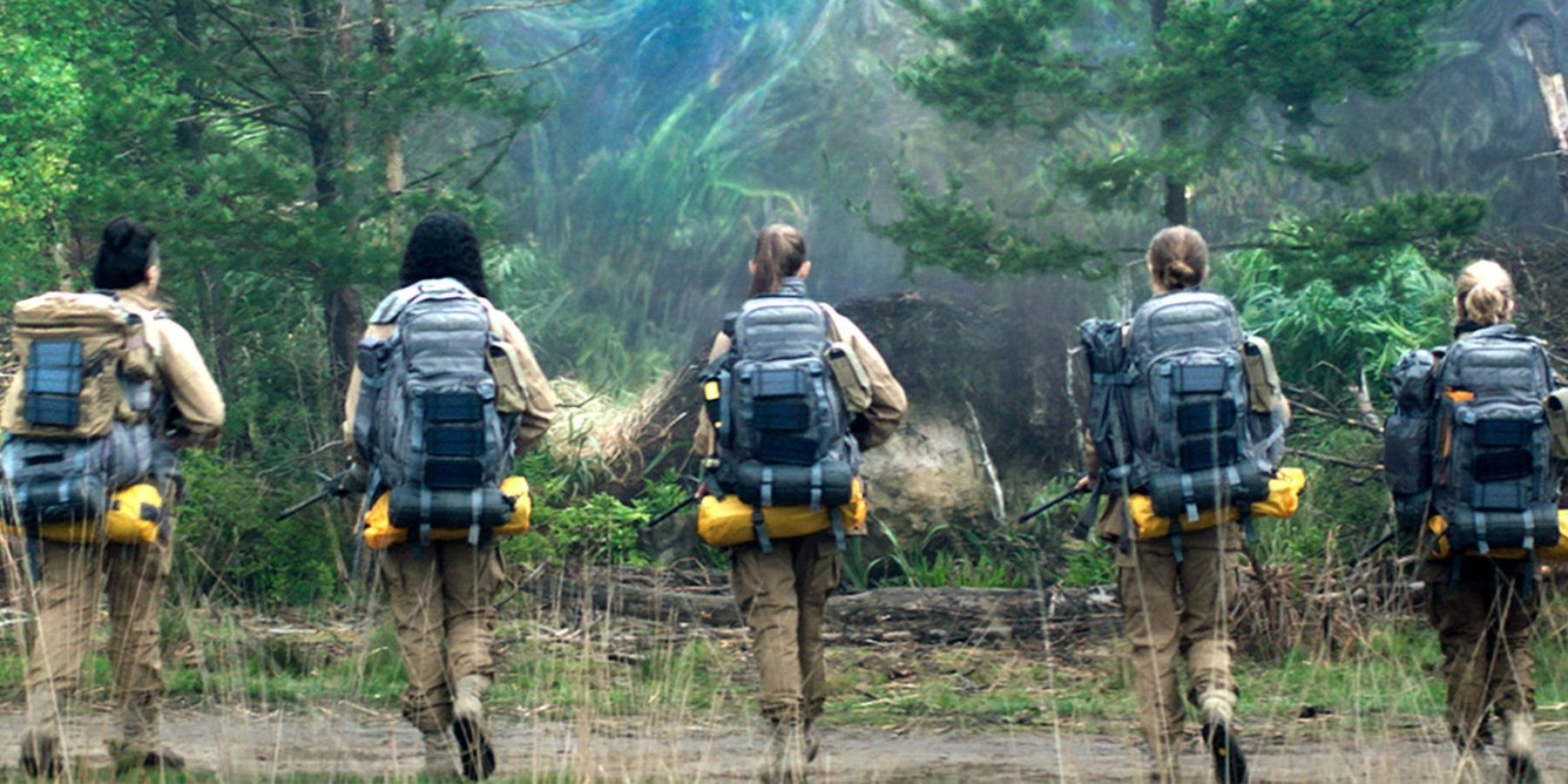Most writers and directors don't reach the status of recognition from the audience that they often deserve. Although filmmakers get their fame from their critical and financial success in their career, some filmmakers will get success but not necessarily recognition. Marvel movies are a great example of this. Yes, many fans know who James Gunn and the Russo brothers are, but if asked who wrote and directed Thor: The Dark World or Captain Marvel, many fans would probably be hard-pressed to know exactly who made those films.
But some filmmakers find themselves a cult following, like Zack Snyder and those who want to restore the Snyderverse, or Denis Villeneuve and those who've particularly enjoyed his Blade Runner sequel or Dune adaptation. Even the previously mentioned James Gunn and Russo brothers don't necessarily have anything more than a cult following when compared to the likes of celebrity filmmakers Steven Spielberg, Quentin Tarantino, or Christopher Nolan. One filmmaker who has also found himself a cult following and perhaps deserves more recognition also deals in hard science fiction like Nolan: Alex Garland.
Garland started out as a novelist with novels The Tesseract, The Coma, and his mega-hit The Beach which was later adapted into a film starring Leonardo DiCaprio and directed by Danny Boyle. Garland later went on to even write video games and screenplays of extremely well-known movies like 28 Days Later and Sunshine, both also done by long-term collaborator Danny Boyle. He would eventually move on to writing and directing his own films. Garland's directorial debut was Ex Machina, for which he garnered an Academy Award nomination for best original screenplay.
All but one of Garland's directorial credits up to this point have been science fiction films and/or shows, with Ex Machina, Annihilation, and his FX series Devs. Although his films are science fiction, they aren't the soft science fiction most often seen at the box office. His films are very much hard science fiction with lots of focus on actual science playing a major role in how he tells his story. But what makes his hard science fiction so compelling is that it doesn't sit in exposition for most of the film.
It is actually quite the opposite with his movies mostly spending screen time with the characters exploring instead of talking. But when Garland does put in his exposition, it's not just for talking at the audience. It's used to tell the audience who these characters are through how they communicate with each other.
A great example of this is in Ex Machina when Caleb played by Domhnall Gleeson and Nathan played by Oscar Isaac talk to each other about Caleb's experience with Ava played by Alicia Vikander. The audience is receiving a lot of information about what's happening on screen, but they also learn about what kind of people Caleb and Nathan is with how each of them talks about the science behind Ava and even Ava herself. Caleb is very technical and excited about everything that is happening, while Nathan wants straightforward answers and is very methodical about what he wants. The communication between the two tells the audience what is happening, but also gives the audience enough information to show them what they could expect from both characters personality-wise.
But perhaps what is more appealing to audiences is the unique, original, and oftentimes bizarre plots that are within his movies. Garland so expertly creates complex movies with so much science happening while weaving in other genres like horror, drama, thriller, and even psychedelia. Although Annihilation is an adaptation of a Jeff Vandermeer novel, it is still very much a Garland film. Many even considered Vandermeer's Annihilation as impossible to adapt, but yet Garland found a way to do it.
Garland has even stated that the film is less of a direct adaptation of a book and more an adaptation of a dream of the book. Even though the book was seen as too bizarre to adapt, Garland's eye for smart science fiction took that and not only made it work but made it to where the bizarre did not become mundane by the end. Garland allows the film to develop with strange and bizarre escalating as the film goes on.
Garland has the ability to patiently unravel the story in so many ways from slowly revealing character traits to patiently unraveling the science of what's happening on screen. It creates a tension with the audience that not many science fiction movies have anymore. It creates a guessing game as the movie goes on and makes guessing the rest of the movie quite difficult. As the movie goes on, Garland provides enough of the science, the plot, the character traits, and bizarre imagery to keep the audience going. And that's why Garland is an exciting filmmaker to watch. Not only is he smart, but he's unpredictable and that in itself is worth the price of admission.

